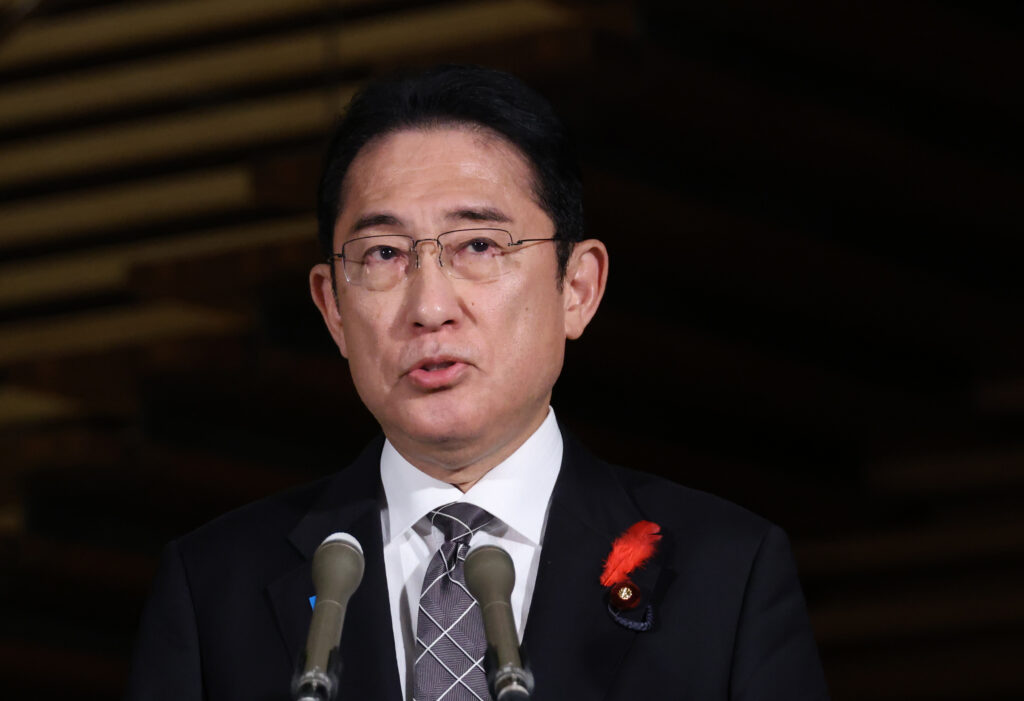
Japanese Prime Minister Fumio Kishida has decided to ease regulations to allow factories to be built in restricted areas such as farmland to strengthen the domestic production system of semiconductors and batteries that are important for economic security.
According to Japan’s Mainichi Shimbun, Prime Minister Kishida said at a public-private cooperation forum to expand domestic investment, “The government should not put a brake on private investment expansion,” adding, “We will respond flexibly to land-use regulations so that national projects can proceed smoothly.”
The subject of deregulation considered by the Japanese government is the “urbanization adjustment zone,” which was not allowed to build houses or facilities in principle by setting them as farmland zones to curb disordered land development. However, the construction of this place was allowed only for some logistics facilities or data centers if the local government permits it.
The Japanese government is seeking to attract overseas semiconductor companies to Korea, and securing construction sites is a challenge as semiconductor factories need large sites. In response, the government plans to revise the law related to urbanization adjustment zones to add important material factories to the exception.
The Japanese government will include this in its economic measures to be prepared within this month along with the budget as one of the measures to promote domestic investment.
SOPHIA KIM
US ASIA JOURNAL



